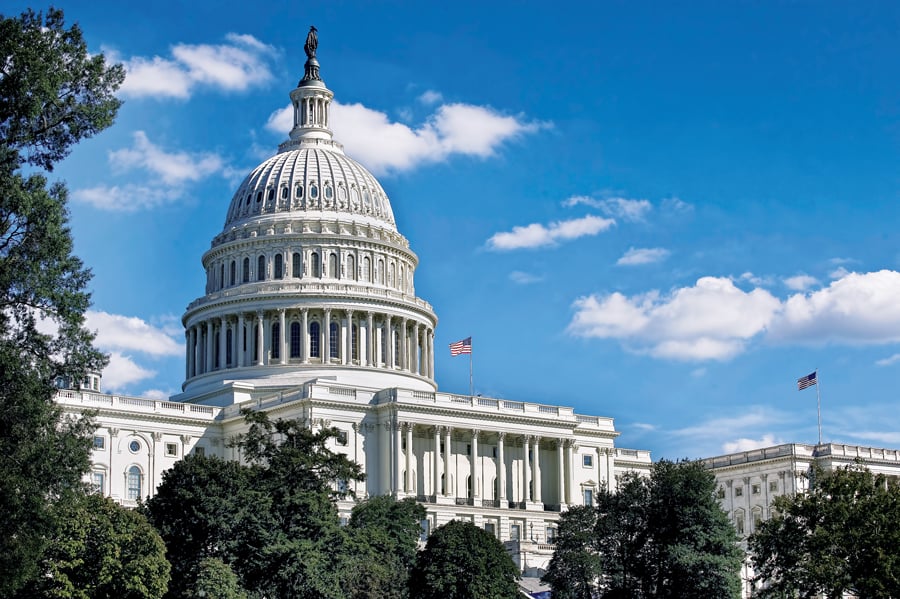Last month, Sen. Brian Schatz, D-Hawaii, and Rep. Peter DeFazio, D-Ore., introduced the
Wall Street Tax Act in the Senate and the House, respectively.
The bill would level a tax of 10 basis points (or 0.1%) on the value of the securities transferred in financial transactions.
The bill's sponsors herald it as "a new progressive tax" to raise revenue, address economic inequality and reduce market volatility.
But the reality is that a financial transaction tax hits Main Street as well as Wall Street. The bill would ultimately harm individual investors who are saving for retirement, education and other financial goals.
While a 10-basis-point tax may sound minor, analysis by the Investment Company Institute shows that a tax at that level would have reduced the returns of stock, bond and hybrid mutual funds by $23 billion during 2018.
In a world where fund fees have been falling for decades, a 10-basis-point tax would have the same effect as increasing the average expense ratio that 401(k) plan participants incur for investing in equity mutual funds by 31%.
Money market fund investors would fare even worse, suffering an estimated $20 billion in additional costs as a result of the tax — reducing the return on money market funds, which in recent years has averaged less than 2%, by 0.71 percentage points.
In other words, a financial transaction tax would reduce the savings of the 56 million U.S. households that own mutual funds, 49% of which have incomes of less than $100,000.
For fund investors,
the costs of a financial transaction tax add up quickly, because the tax would be levied on multiple levels. An investor's account would be taxed when the fund buys securities to put her savings to work in the market; taxed again when the fund rebalances its portfolio or otherwise buys and sells securities in response to changing market conditions while she is holding shares; and taxed yet again when the shareholder redeems fund shares. In effect, this investor would pay the financial transaction tax three times.
The tax's toll doesn't stop with the cost to investors. It would also harm capital markets by degrading their competitiveness and causing trading to migrate to lower-tax countries. For an example, look at Sweden, which adopted a financial transaction tax in 1984. After Sweden doubled the rate in 1986, half of all trading in Swedish equities migrated outside the country, primarily to London. Burned by the experience, Sweden got rid of its financial transaction tax in 1991.
When a financial transaction tax became effective in France in 2012 and Italy in 2013, both countries experienced immediate declines in trading volume, and neither country raised even half of the revenue that had been projected during the first year their taxes were in effect. There is also evidence of firms purchasing securities of issuers located in other European countries as substitutes for French or Italian securities.
For all these reasons, opposition to a financial transaction tax is soundly bipartisan. After the bill's introduction, numerous Democrats and Republicans went on record in opposition.
As Timothy Geithner, Treasury secretary during the Obama administration, said about financial transaction taxes in 2009: "There's a real risk that retail investors, who've got fewer choices, they end up bearing the cost of the tax."
ICI research shows that this risk is the likely reality. It's simply not a risk worth taking.
Paul Schott Stevens is president and CEO of the Investment Company Institute, a trade association for regulated funds.







